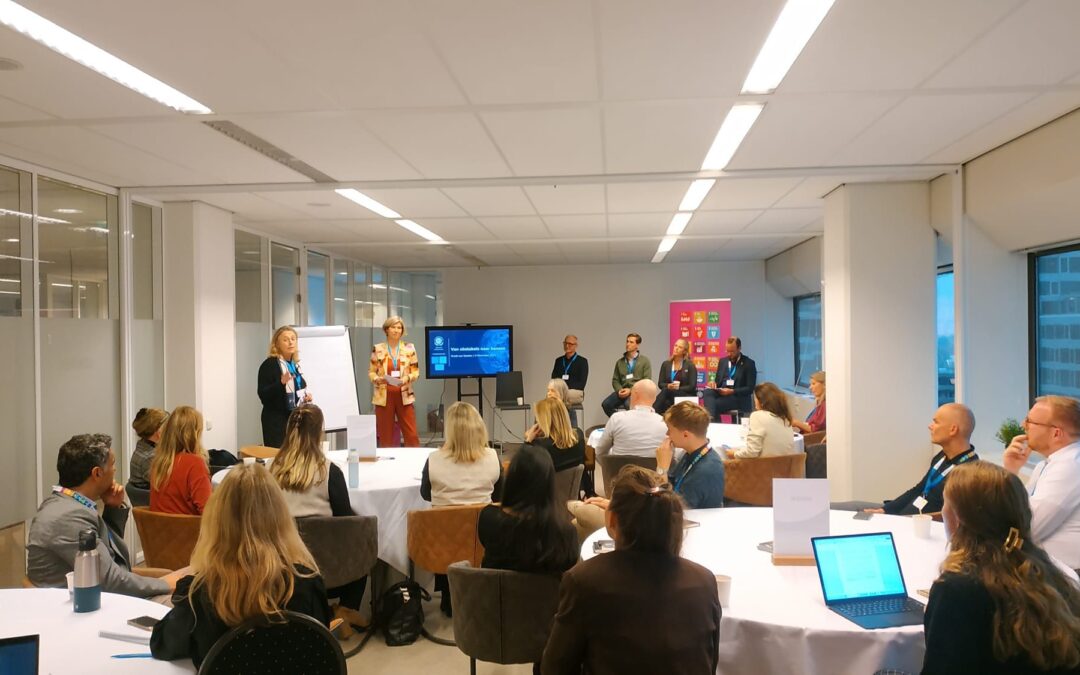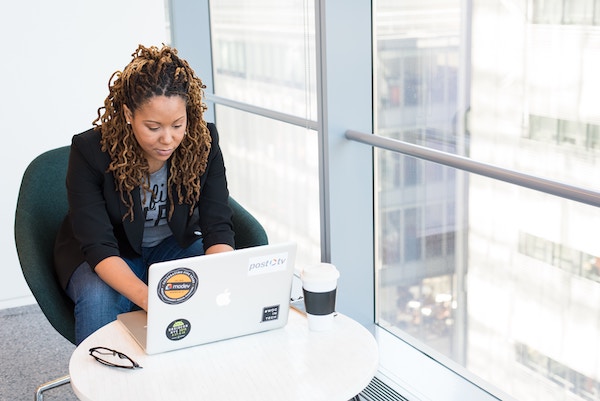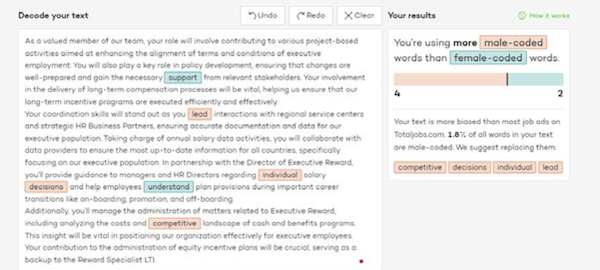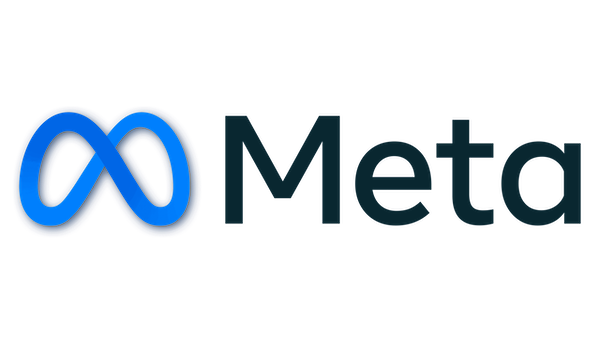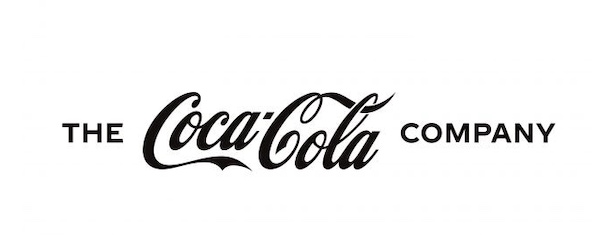
How to raise climate awareness in your organization
How to Raise climate awareness in your organization
In 2023, UN Global Compact Network Netherlands facilitated two Peer Learning Groups: one on Gender Equality and one on Climate Action. The goal is for the participating companies to learn more about these important topics, to dig into the challenges that they are facing, and to exchange best practices that can help overcome these challenges.
Raising climate awareness in your organization can be a challenge, especially considering the amount and complexity of knowledge that is available. How can you increase awareness in our organization? During the fifth and final session of the 2023 Climate Action Peer Learning Group at the Invest-NL HQ, thre professionals shared their perspective on different ways to make a case for climate change within the organization.
One possible approach is gamification. By applying game elements and principles to illustrate complex topics such as the causes and consequences of climate change, ‘players’ often experience enhanced engagement and motivation. An example of gamifying climate action is Climate FRESK. The game is simple and based on scientific knowledge. It comprises 42 cards and can be played with three groups of eight players each.
Another approach is to track your carbon footprint. During the Peer Learning Group session, Jo Hand from Giki Zero explained why tracking your carbon through helps to raise awareness. The platform is developed and based on scientific knowledge and includes 160 steps to build a sustainable lifestyle. It provides feedback, motivates colleagues to learn more about sustainability, and increases engagement with each other within the organization by addressing different personalities.
Being carbon literate is essential in combating climate change. Carbon literacy means “an awareness of the carbon costs and impacts of everyday activities and the ability and motivation to reduce emissions on an individual, community, and organizational basis.” Phil Korbel, from The Carbon Literacy Project, explained how to become carbon literate and emphasized that it is not enough to learn by oneself, but that you should be involved in peer-to-peer social learning. By learning from peers, you develop a sense of belonging, trust, and support, as well as gain recognition and appreciation for skills and contributions.
Lastly, Martine Kruiswijk, from KlimaatGesprekken, stressed the transition from awareness to action, since this is not always a given. Any behavioral process takes time, and it is vital to go through this process together by engaging with your colleagues and friends.
After these inspiring contributions of the speakers, the participants carried out a plenary discussion about how to use these methods within their own organization. Each participant created a five-step action plan and shared their outcomes with their peers in breakout rooms.
We’d like to grant a special thanks to the host of this session, Andrea Dijk, from Invest-NL. She has shared how Invest-NL is staying inspired to keep progressing on climate ambition. Increasing time investment between colleagues, benefiting the knowledge contribution from invited speakers, organizing impact challenges for teams, and informing everyone with an ESG & Impact newsletter can help organizations create internal motivation and awareness.



